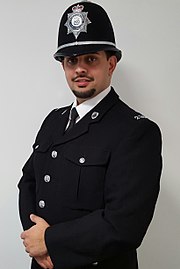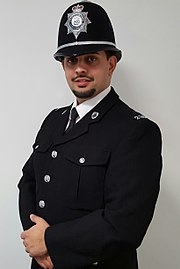I left the Czech Republic because of attacks, in Britain I became a confident Roma

Download image
Petr Torák was born on 8 March 1981 in Liberec into a Romani family and spent his childhood in the village of Jeřmanice. He already perceived his Romani origins at school, when one of his teachers recommended that, as the only Romani person in the class, he should go to a special needs school. After 1989, the family had to move back to Liberec to find work, there he entered a private law academy. Since his father was involved in the protests against the construction of the wall in Matiční Street in Ústí nad Labem, the family faced attacks. In the spring of 1999, a group of skinheads attacked Petr in a shopping centre in Liberec. After another attack, his parents decided to go to the United Kingdom and ask for protection, which many Romani families did at the time. Their claim was accepted and they were granted asylum in 2004, a few months before the Czech Republic joined the EU. Shortly thereafter, Petr Torák began working for the British police, with particular responsibility for the area of modern slavery, which also concerned immigrants from Eastern Europe. However, since his youth he has also been involved in social work and made efforts to help the Roma community and immigrants in general to integrate into British society. For this purpose he founded the non-governmental charity Compas. For his services, he was awarded The Most Excellent Order of the British Empire by the Queen and was given many other awards. After his retirement from the police he became Honorary Consul of the Czech Republic in Peterborough. He has a Czech wife, and their children see themselves as Czech, British and Romani at the same time.



